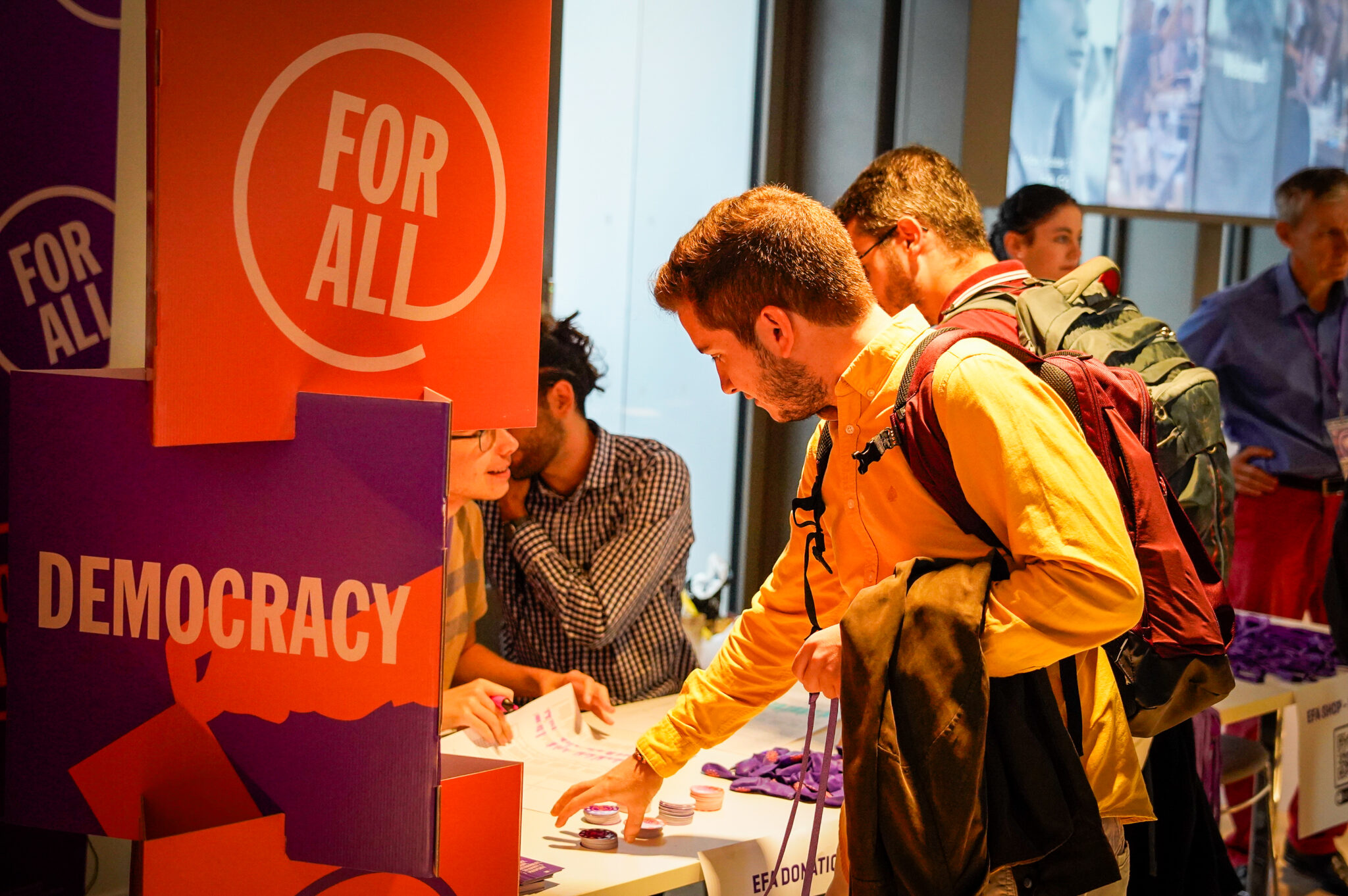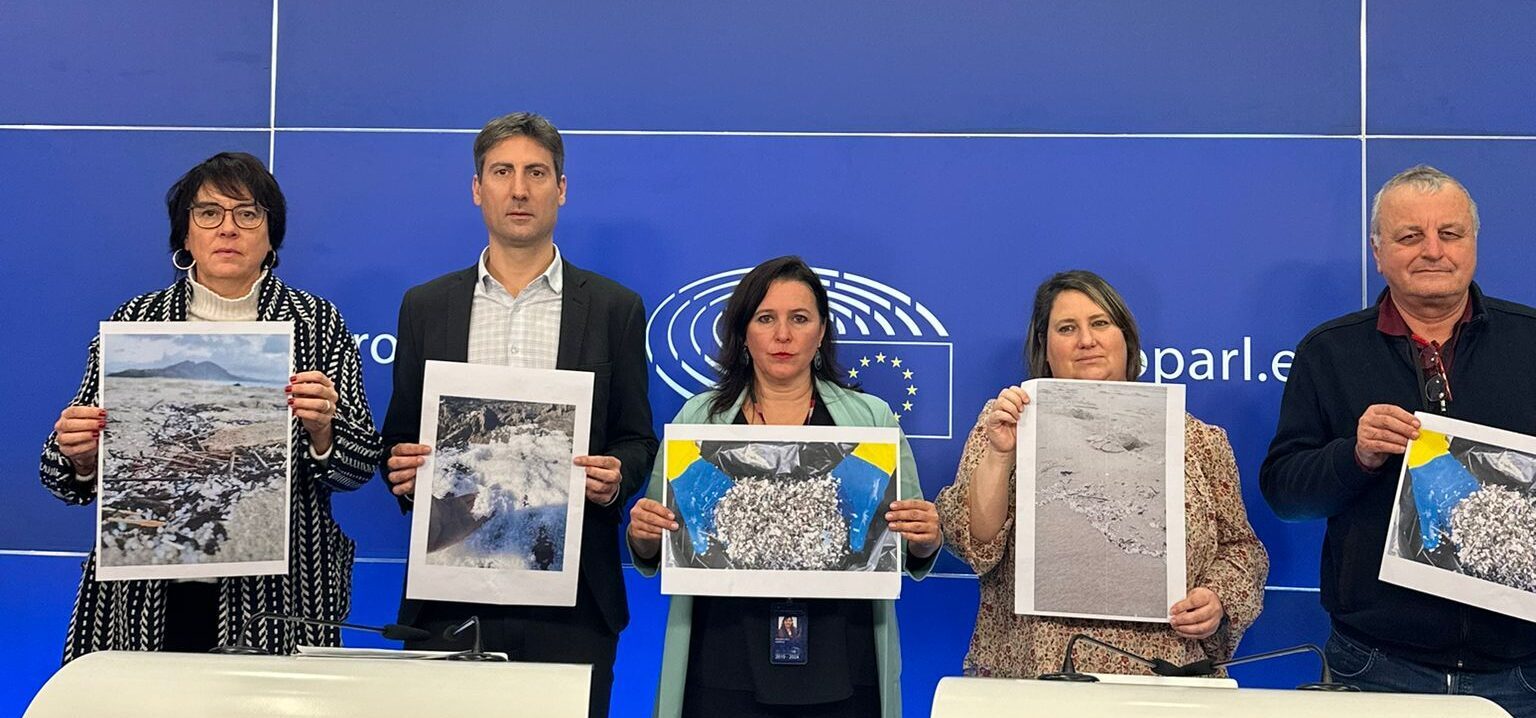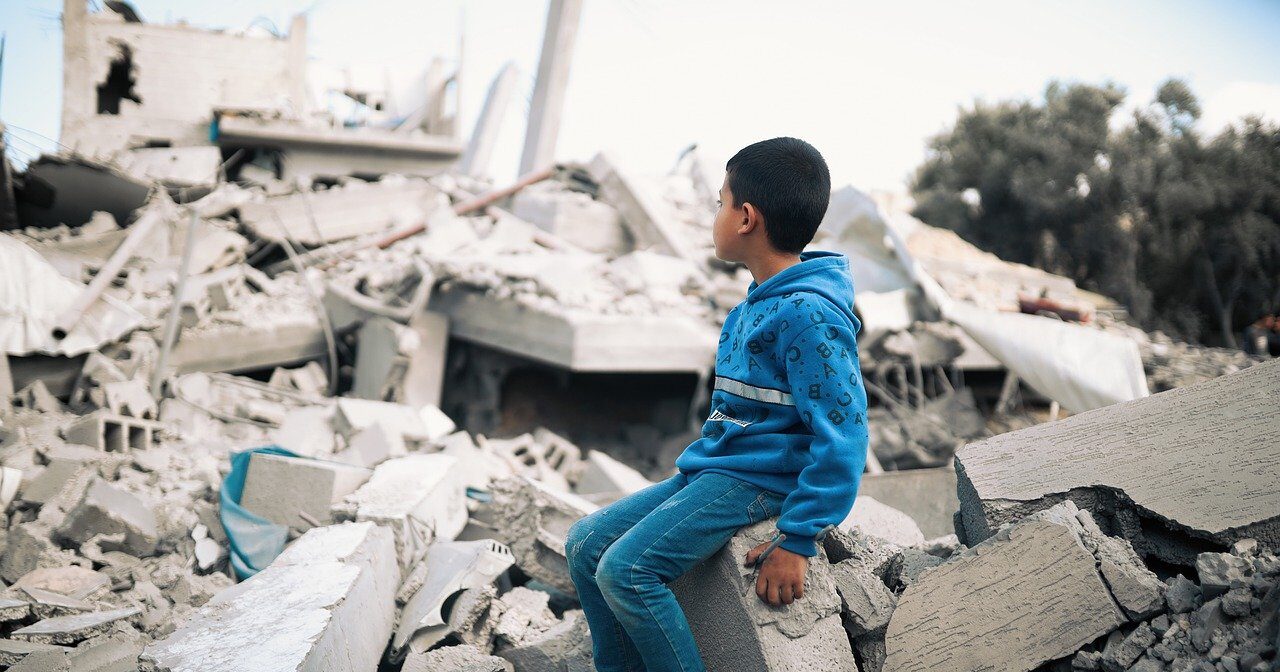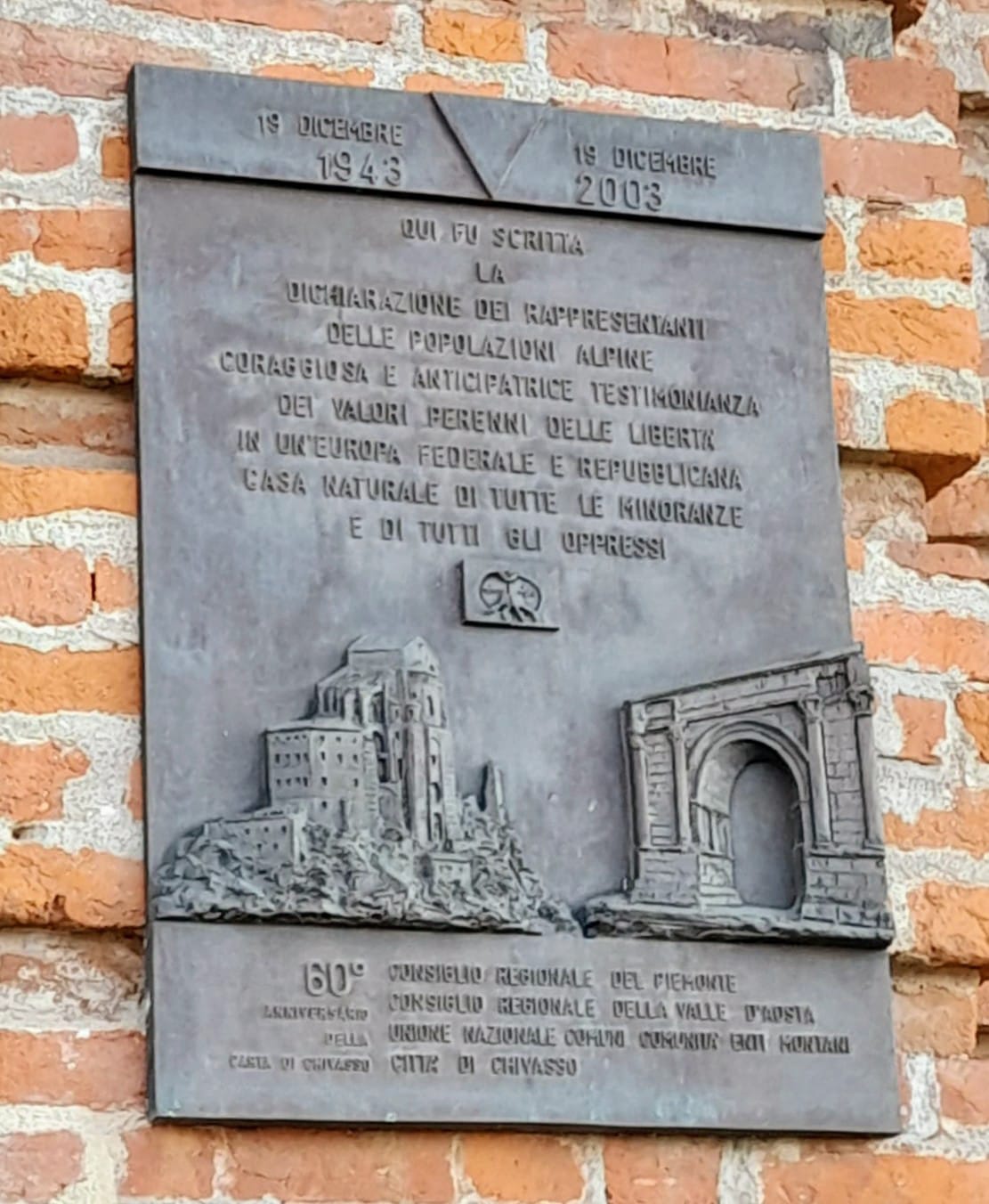One year until the European elections: EFA prepares for the electoral contest in Friuli
A delegation consisting of EFA Bureau members visited our member party Patto per l’Autonomia, and representatives from Autonomia e Ambiente (AeA), a platform that unifies different regionalist and autonomist parties in the Italian state
Last Friday 9 June marked an important date. It was officially one year before the European elections 2024 – for the member countries that will have the voting on Sunday. At that precise moment, the European Free Alliance bureau was holding a meeting in Friuli to prepare for the electoral contest. The European Free Alliance announced at the beginning of April that they will stand for the elections with a tandem of Spitzenkandidaten – a woman and a man – who will lead the party’s campaign at the European level. This time, the Bureau meeting in Friuli focused on developing the main contents, message, and strategy for the campaign.
The delegation of Bureau members also visited the EFA member party Patto per l’Autonomia, and representatives from Autonomia e Ambiente (AeA), a platform that unifies regionalist and autonomist parties in the Italian state. Both projects are growing fast, especially after achieving great results in the recent local and regional elections. This situates the Italian state as a key territory for EFA in next year’s European elections.
Patto per l’Autonomia Secretary General Massimo Moretuzzo joined EFA in a meeting in Udine, accompanied by the party President Elisabetta Basso, the mayor of Mereto di Tomba Claudio Violino, the president of the youth Gabriele Violino, and Udine councillor Stefania Garlatti-Costa. They explained the history of Friuli and Patto and its growth in recent years. The newly elected mayor of Udine Alberto Felice De Toni also joined EFA before its Bureau meeting. On Saturday, EFA President Lorena López de Lacalle took part in a conference in Udine with the participation of different parties who are part of Autonomia e Ambiente and EFA. She defended the importance of regionalist, autonomist, and stateless nations parties working together to achieve a more democratic and plural EU, following EFA and AeA models.
Proud of its diversity
The territory of Friuli is a great example of the EU that EFA stands for. With a long history of being ruled by different countries, Friuli is now an autonomous region of the Italian state which enjoys a diverse culture and demography, as explained by Patto per l’Autonomia. Situated next to the border with Slovenia and Croatia, the region gathers citizens from different origins, different cultural backgrounds, and different languages. The local language Friulian shares space with others, such as Italian or Slovene. Even the cultural heritage from the area shows the territory as traditionally plural. The mosaics in the Basilica of Aquileia portray a series of fish representing the citizens- fish that are all different from one another, as no people are alike. For this reason, Friuli is a great example of a territory that doesn’t hide its diversity, but it’s proud of it. This is how EFA wants the EU to be: proud of its diversity and embracing all its citizens and peoples.
Minority rights are central to the politics in the region. San Floriano del Collio is known for being the most Slovene town in the Italian state, with more than 90% of Slovene inhabitants. Its mayor is Franca Padovan from Slovenska Skupnost, a party that takes part in Autonomia e Ambiente. Her meeting with EFA Bureau focused on the situation of minorities across the EU, where not all minority groups enjoy the same rights. The Slovenian minority in the Italian state is granted the ability to receive dual nationality, something that is denied to several other minorities around Europe. They also benefit from total linguistic immersion in schools where classes are held most of the time in Slovene. Students of the minority study only six hours a week in Italian. “This system is a reference to the whole of Europe for granting rights to minorities in cross-border communities”, commented EFA President Lorena López de Lacalle after the meeting.
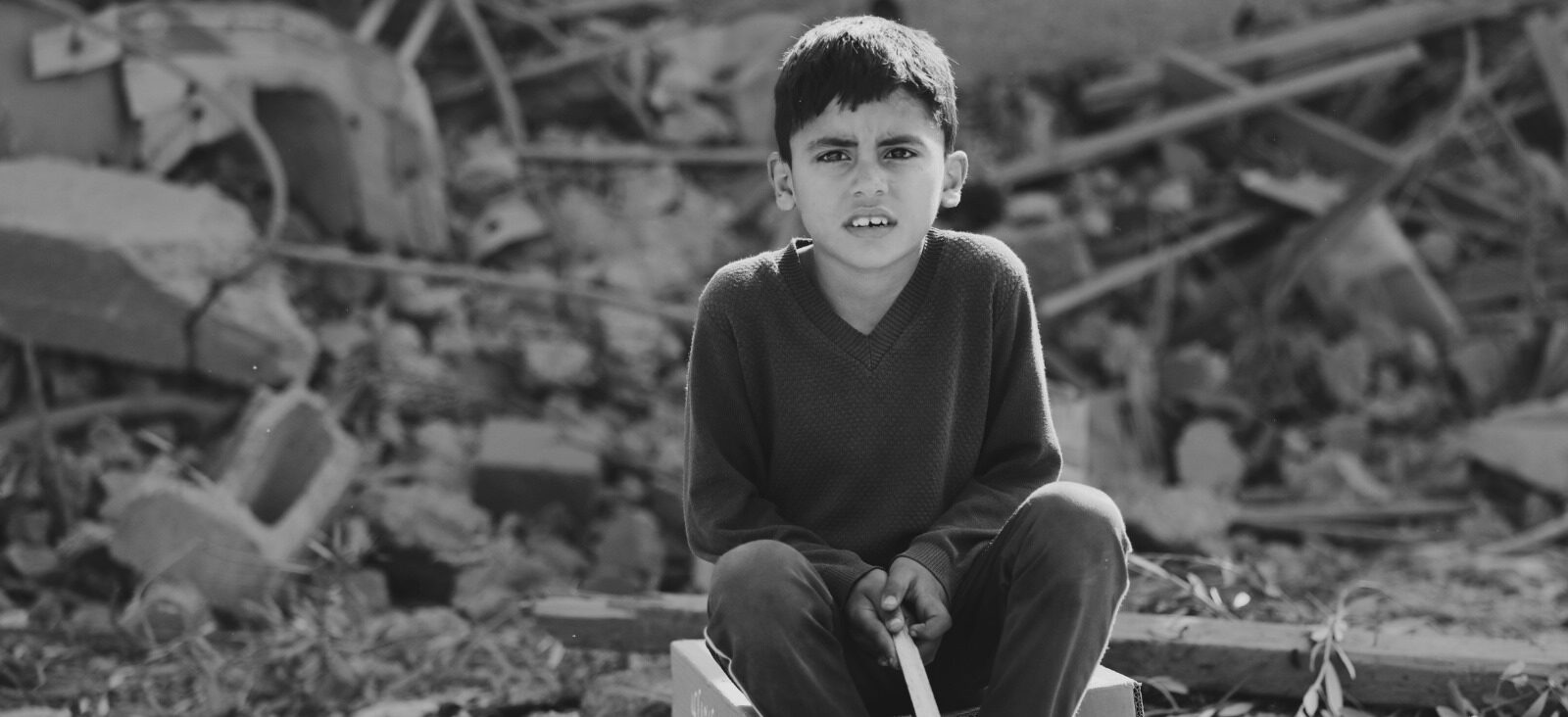

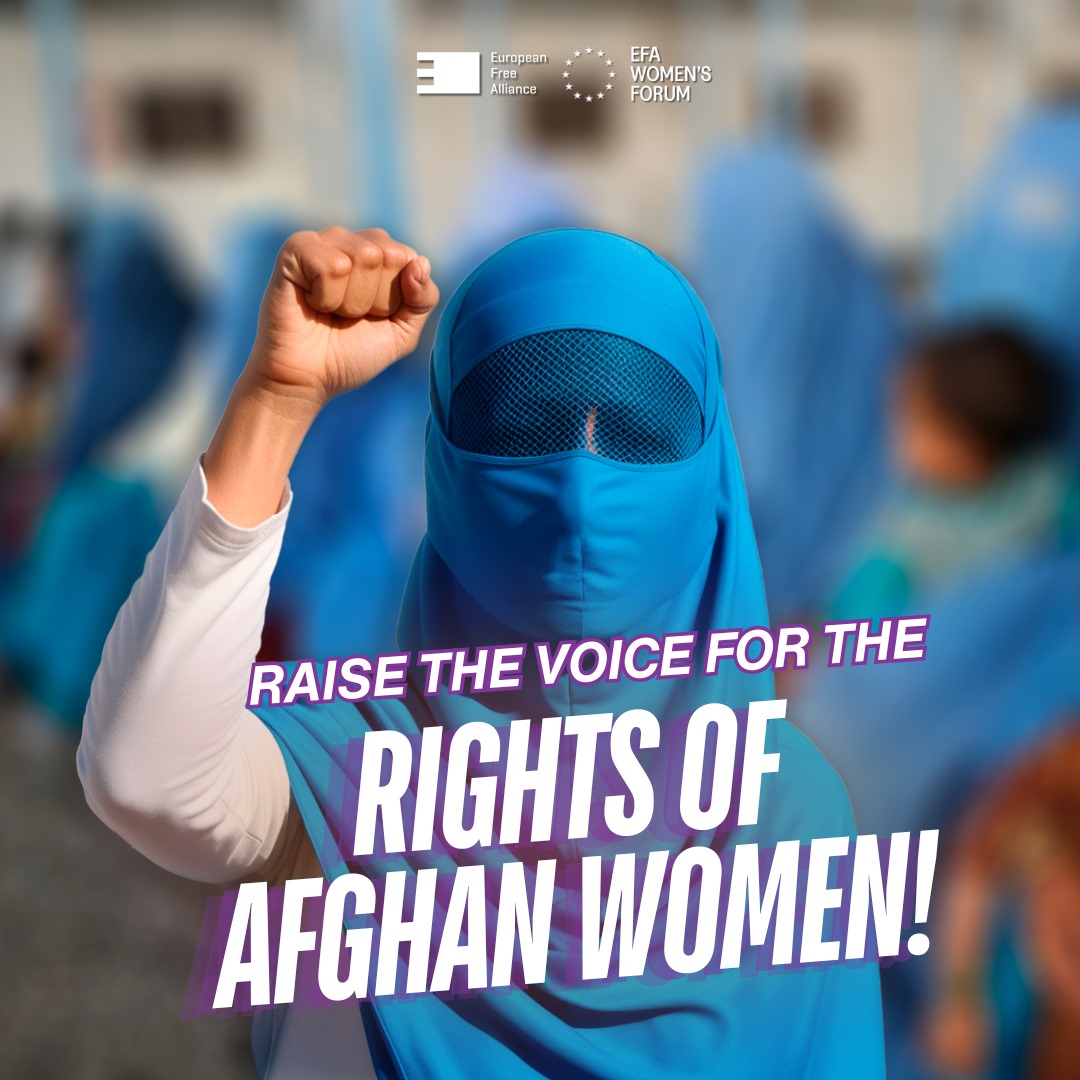

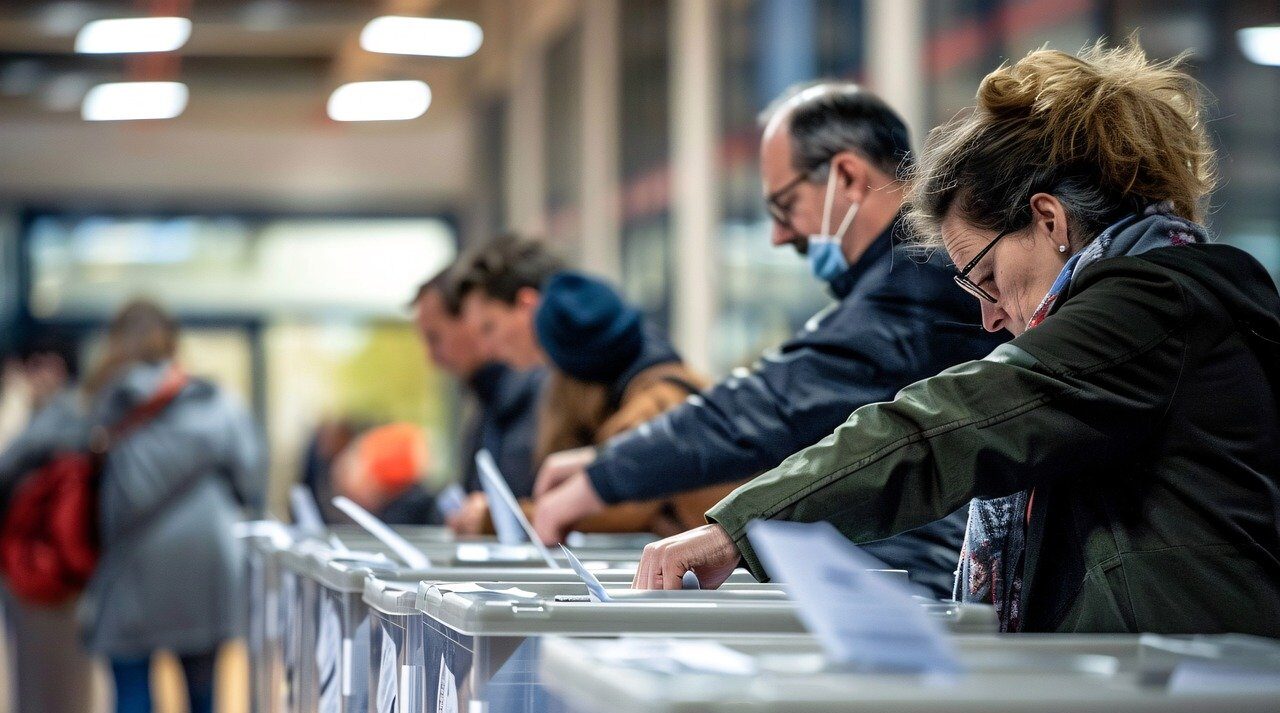
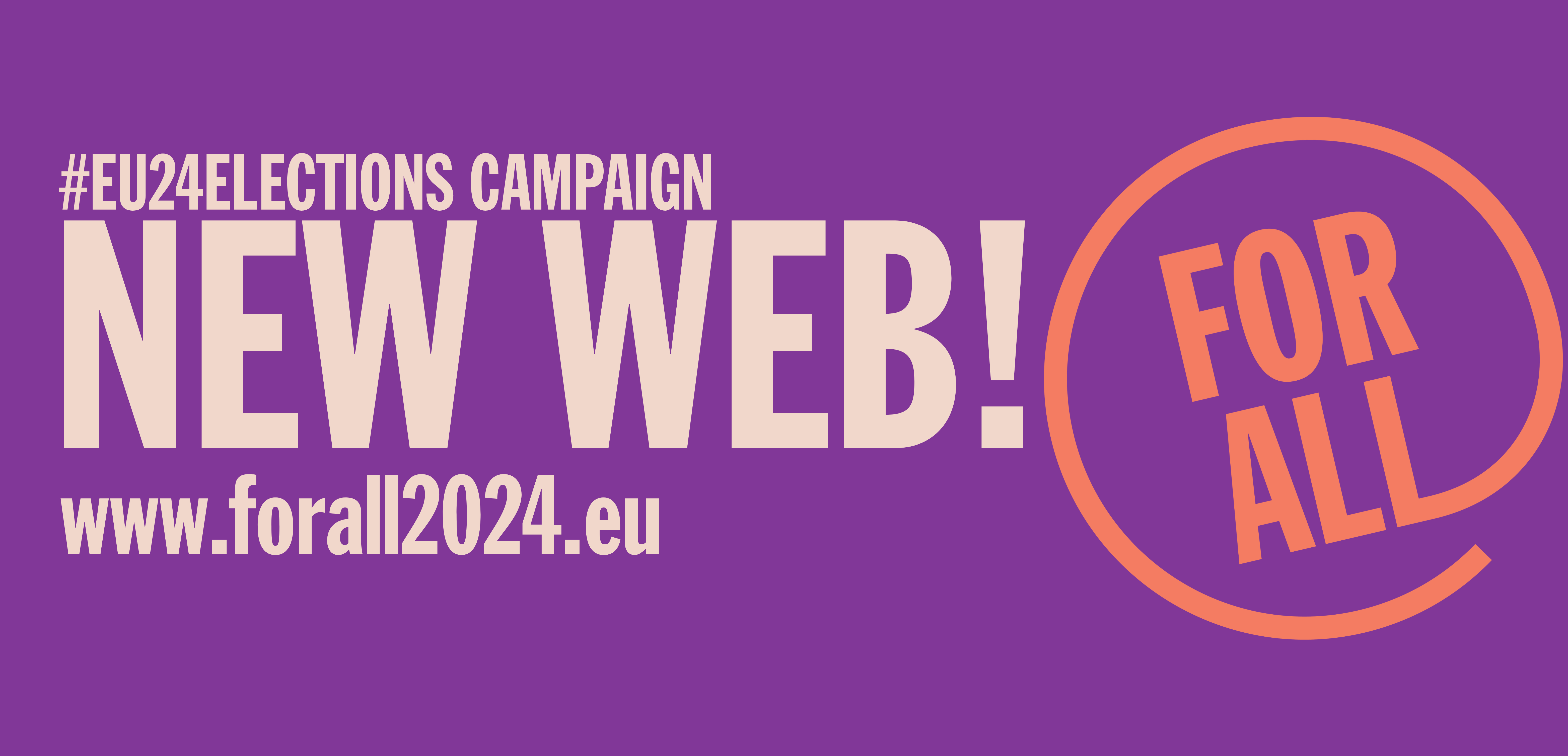

![[UPDATE] EFA expels Latvian Russian Union](https://e-f-a.org/wp-content/uploads/2023/04/blue-gae9f38ab3_1280edited.jpg)
